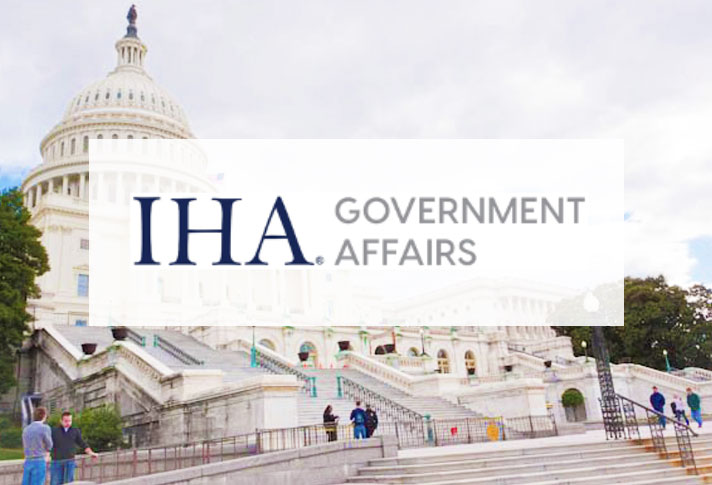Concerns among Democrats in Washington, D.C. that Republicans could win the White House in November has caused Biden Administration officials to accelerate their regulatory agenda. This is driven by their fears that a Republican White House and Congress will use the Congressional Review Act (CRA) to repeal many new regulations if they aren’t finalized by the spring or summer of this year.
The CRA gives Congress 60 legislative days (6-8 months) from when a regulation is final to use a privileged resolution to vote for repeal using a fast-track process that’s exempt from a Senate filibuster. The CRA was first successfully used in 2001 when a Republican Congress approved a resolution to repeal the Occupational Safety and Health Administration’s (OSHA) ergonomics standard and President George W. Bush signed it. The CRA was next used to repeal dozens of regulations at the beginning of the Trump Administration, and the Biden Administration looks to be expediting new regulations including OSHA’s Worker Walkaround Representative Designation Process rule, the Dept. of Labor’s Overtime regulations, and the Federal Trade Commission’s (FTC) ban on noncompete agreements.
On April 1, 2024, OSHA issued its “Worker Walkaround rule” so that third parties including union representatives can accompany OSHA inspections, even at non-union facilities. OSHA’s justification for the rule is the need to clarify language allowing an employee to accompany an inspection so that a third party can, too, but the rule is extraordinarily vague.
For example, the third party accompanying an OSHA inspector could be just about anyone and nothing in the rule permits an employer to assess a third party’s qualifications. Furthermore, the rule doesn’t restrict a third party’s clothing or insignias, interaction with employees, or size which could be dozens. Regardless, the Worker Walkaround rule goes into effect May 31.
The Dept. of Labor’s revised Overtime regulations were issued on April 23 and are effective on July 1. The “Defining and Delimiting the Exemptions for Executive, Administrative, Professional, Outside Sales, and Computer Employees” rule raises the overtime salary threshold for certain employees from about $35,500 per year set by the Trump Administration in 2020, to about $44,000 on July 1 with a jump to roughly $59,000 at the start of 2025. The overtime premium of 1.5 times the regular rate of pay kicks in for employees below these thresholds when they work more than 40 hours in a week, and the threshold will automatically be updated every three years starting on July 1, 2027.
In addition, the threshold for the “highly compensated employee” (HCE) exemption will rise from the current $107,432 annual salary to $132,964 on July 1, then to $151,164 on Jan. 1, 2025. The HCE threshold will also be updated every three years.
On April 23, the FTC approved a rule on a 3-2 party line vote that bans noncompete agreements between employers and workers. It defines “non-competition agreements” as any term or condition of employment that prohibits a worker from, penalizes a worker for, or functions to prevent a worker from seeking or accepting employment with another business or operating a business.
Once the FTC’s rule is effective in August, employers won’t be able to use noncompete clauses with workers or enforce existing noncompetes, and will have to notify current and former employees that their noncompetes are no longer enforceable. But “senior executives” earning $151,164 annually who are in policy-making positions will not be covered, and the impact of the FTC’s rule on states that have well-established laws on the use of noncompetes isn’t clear.



